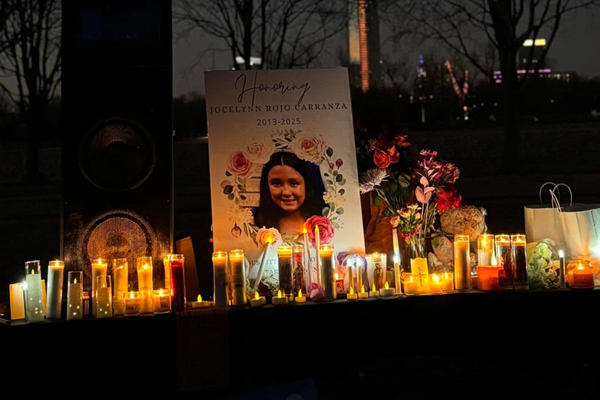
As protests against pension reform continue across France, the police have come under severe criticism for the heavy-handed tactics used by some officers during recent demonstrations.
Tuesday is the tenth national day of protest against pension reform, a movement which started in mid-January.
The ninth day of action, last Thursday, saw the most violent clashes yet between protesters and security forces as tensions erupted into pitched battles on the streets of Paris and several other cities.

Police reported 457 arrests across France and injuries to 441 police officers.
Interior Minister Gerald Darmanin said 13,000 members of the security forces, including 5,500 in Paris alone, would be deployed nationwide on Tuesday.
He insisted that "during this period of violence every person must show restraint".
Anger at police violence
According to a police source, 650,000-900,000 people are expected to protest nationwide, including up to 100,000 in Paris, with young people expected to be prominent as they express anger over alleged police violence.
The police have also been accused by human rights groups and lawyers of using arbitrary arrest in an effort to stifle the protest movement.
Adding to tensions, protesters and police clashed at a protest over water storage facilities in Sainte-Soline in southwestern France on Saturday.
Two men injured in the protests were fighting for their lives in hospital, Darmanin said.
Seven protesters were injured in total as well as 29 members of the security forces.
French police have come under severe criticism for heavy-handed tactics and the IGPN, the internal affairs unit of the French police, has launched 17 investigations into incidents since the pensions protests began.
While the injuries suffered by members of the security forces are systematically logged, it is far more difficult to estimate the number of protesters hurt.
Injured protesters
The ambulance service run by the Paris fire brigade is obliged to report every injury treated to the local police station, but there is no obligation on the police to centralise those reports, nor to publish the figures.
Last weekend, the police admitted that fire brigade ambulance personnel had reported 59 variously injured protesters since 16 March, the day the government confirmed the passage of the contested pension reforms without a parliamentary vote.
It is extremely difficult to estimate the number of people hurt, and the severity of their injuries say volunteer street medics who circulate unofficially among protestors, helping those they come across. They log as injured any individual who requires treatment for longer than five minutes. But it takes weeks to centralise these reports.
Many protesters wish to remain anonymous, for fear of judicial pursuit, and never report their injuries.
According to Vincent Victor, who runs the street medics observation group, "the more violent the context, the less likely it is that victims will draw attention to themselves".







